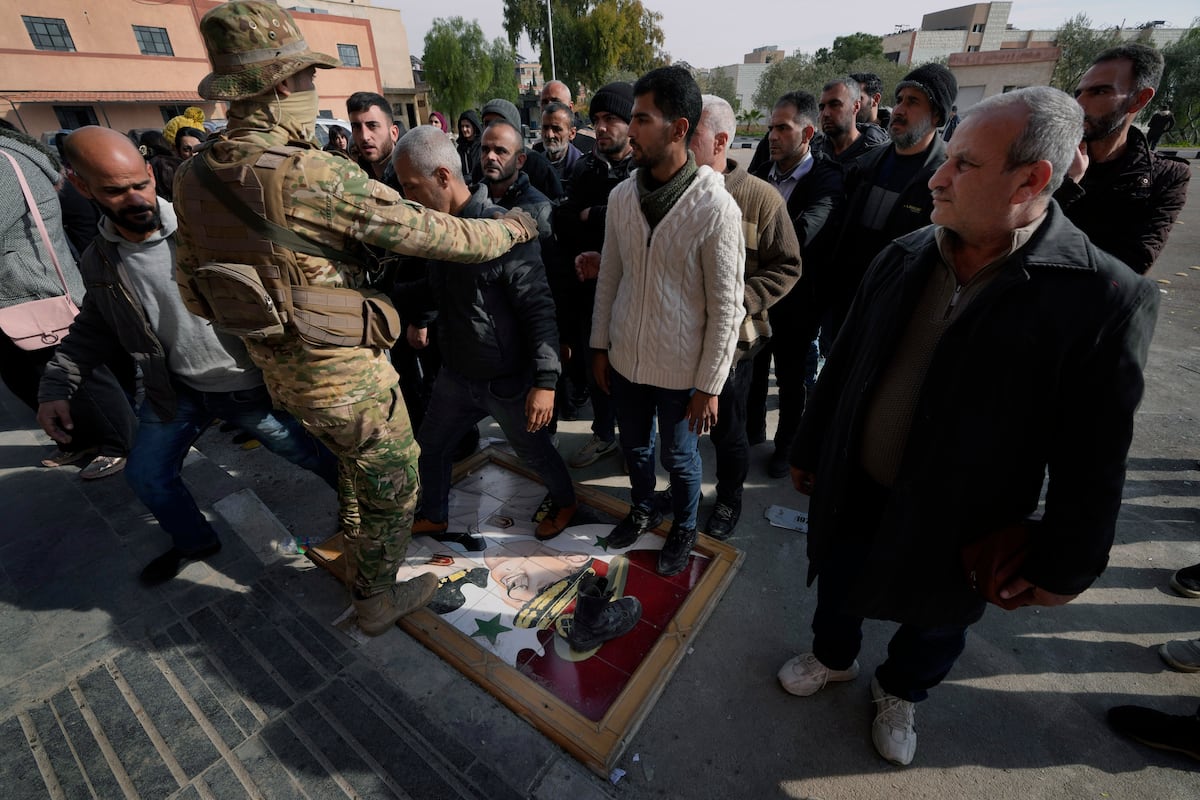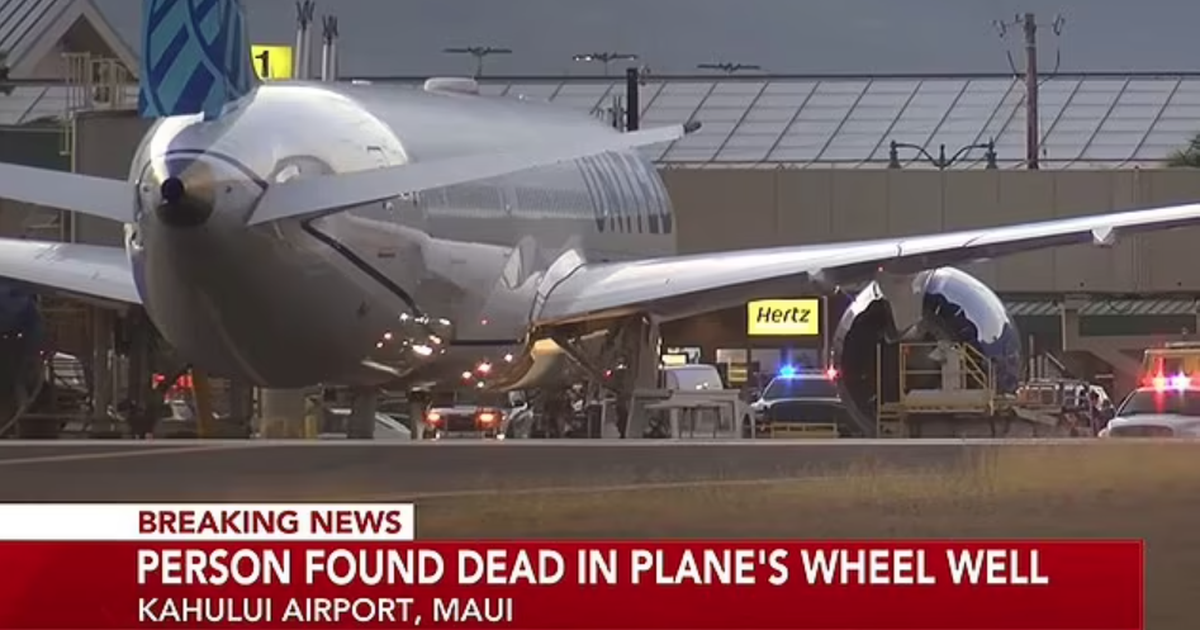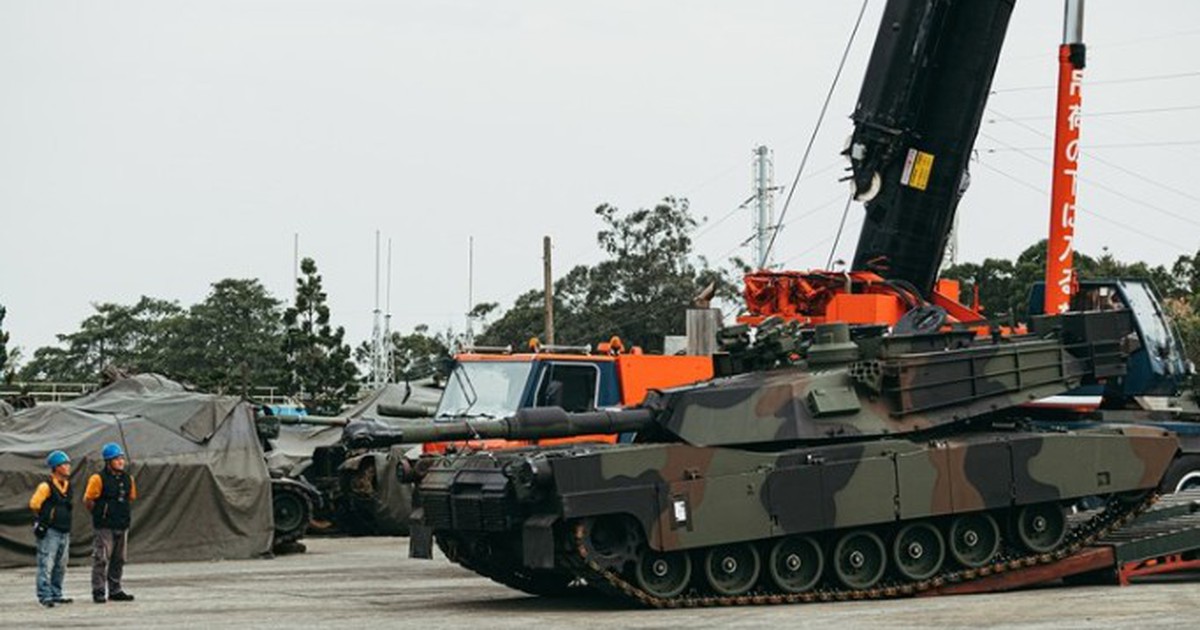The advent of the new Syria has not put an end to queues at bakeries or at bus stops. But the lines have appeared in an unprecedented place: in police stations and other security forces buildings, previously feared for being centers of brutal torture. Now, those who occupy these premises are the fighters of Hayat Tahrir al-Sham (HTS), the militia that led the lightning offensive that overthrew the dictator Bashar al-Assad a couple of weeks ago, and those milling in front of its doors are police, soldiers and army officers who served the old regime and who are now seeking a kind of amnesty.
A few days after his triumphant entry into Damascus, those responsible for the new interim Government appointed by HTS made an appeal through social networks and television to all former members of the Armed Forces, including medical workers, to hand over their identification, weapons and vehicles. The centers where they must register are distributed throughout the country, and in the strongholds of the old regime, such as the city of Latakia, in recent days hundreds of people have been seen striving to regularize their situation.
In the busiest centers, soldiers have to wait outside for hours to get a number. Once inside the facilities, the process is always the same. First, a police officer from the new government registers each person’s name and, after having taken a photo of them in front of a white wall, creates a new identification card for them. Subsequently, they go to another room where they must hand over their weapon. In some photographs of these centers, published by the press and news agencies, dozens of pistols and Kalashnikovs can be seen stacked. As a culmination, and to symbolize the renunciation of their past in the service of Assad, the candidates must step on a portrait of the dictator.
This is one of the first measures aimed at collecting the tens of thousands of light weapons circulating in the country after almost 14 years of civil war, in order to pacify the country. For now, the first to get rid of them are members of the army, which has been formally dissolved. Then, it will be the turn of the constellation of opposition militias that fought against Assad. In fact, on Tuesday, in a meeting sponsored by HTS, more than a dozen opposition militias agreed to disband and integrate into the new army.
“In no way are we going to allow weapons in the country outside the control of the State, whether by revolutionary factions or those present in the SDF area.” [las Fuerzas Democráticas Sirias]”, declared Ahmed al Shara, the leader of HTS – known until recently as Al Julani – last Sunday at a press conference after the visit of Turkish Foreign Minister Hakan Fidan. This trip, the first by a foreign chancellor since the fall of al-Assad on December 8, has shown Ankara’s influence in the new Syria thanks to having supported opposition militias based in the north of the country for years.
The donation of weapons to the new authorities does not guarantee amnesty, but it can only come after an investigation to verify that the former agent or soldier did not commit war crimes. If so, in principle, he could even reinstate his old position.
For now, all those registered are urged to return to the same facilities after two or three months to have news about their future. “If we want to achieve social peace, there must be justice, and there will not be justice without responsibilities being resolved. Those whose hands are stained with blood will not have amnesty,” Obeida Arnaut, a spokesperson for the new government, stated in this regard.
Although the majority of those who have registered in this reconciliation process are low-ranking soldiers, some members of the former military leadership have also done so, such as Talal Makhlouf, general of the Republican Guard who is accused of having repressed with extreme harshness numerous peaceful protests in 2011. In fact, for this reason, Makhlouf, a member of the family of Bashar al-Assad’s mother, appears on the list of leaders of the regime sanctioned by the European Union, in addition to others. countries.
The fact that Makhlouf was able to register his amnesty petition without being arrested has generated great controversy among activists and relatives of the victims of a conflict that took the lives of more than half a million people. Furthermore, there are still more than 100,000 missing people who are feared to have died in the atrocious prisons of the old regime, so the number could rise considerably.
“What happened with Makhlouf is worrying for all those people who want there to be a transitional justice process. Makhlouf is a person known to all Syrians, who know that he participated in torture and the bombing of cities,” Rami Abdurrahman, director of the Syrian Observatory for Human Rights, warned on the Al Arabiya television network.







